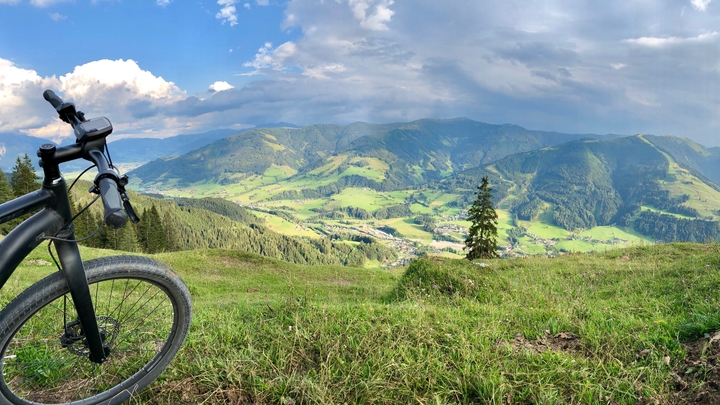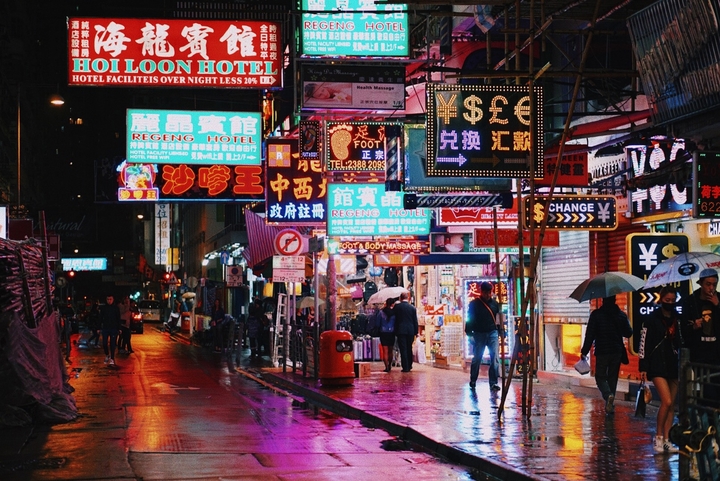Slow travel is inspired by the slow food movement, which emerged in Italy in the 1980s as a response to the opening of a McDonalds in Rome. The slow food movement promotes regional cuisine, local farms, communal meals, and traditional food preparation techniques. Slow travel takes a similar approach, with both cultural immersion and sustainability being central to its mission.
Instead of trying to knock out several cities in a week’s time, here are a few reasons to give slow travel a try:

1. Vacations are for relaxation and connection
It seems obvious, but we often forget that vacations are meant to be a break from our hectic everyday lives. It’s hard to truly take in a city in only a few days’ time and we’re left scrambling trying to hit every landmark. Allowing ourselves more time to explore a destination means we can adapt to a slower pace and even take days off to rest. If we’re traveling with family and friends, it means we can spend more time enjoying each other’s company instead of feeling rushed. For those who prefer to solo travel, it means more time to make friends.

2. Local cultures benefit more
Slow travel is all about supporting local communities. Travelers often rely on tour agencies when they’re strapped for time, but slow travel means you can opt for public transportation and navigate your own way to popular sights. You’ll get to know the neighborhood you’re staying in and can support local artisans who are easy to miss when you’re racing from place to place. Instead of staying in hotels or resorts, it’s more economical to do a rental or housing exchange, which will benefit individuals in the community. As you meet the locals, you can ask for recommendations and find out about spots that travel guides leave out.

3. Better for the environment
Depending on how much you travel, flying might make up a larger portion of your carbon footprint than you think. It’s estimated that one roundtrip flight between New York and Los Angeles generates approximately 20 percent of the greenhouse gases that a car emits over an entire year. Choosing to travel slow means taking fewer flights and opting for environmentally friendly options like biking or walking instead. Far distances can often be crossed through rail or bus options when you have extra time.

4. Easy way to learn a new language
If you want to learn a new language, cultural immersion is one of the most effective ways to do so. You’ll experience frustrations as you adjust, but will ultimately be motivated by wanting to connect to the local culture. You’ll also learn local phrases and gain additional context that language apps fail to provide.
5. It might be more cost effective
On shorter vacations, we tend to splurge in the name of making memories, but traveling slow allows you to save money by cooking or eating at local food stands instead of top-rated restaurants. Home rentals tend to be cheaper than hotels or resorts, and there are opportunities to do work-trades at local language schools or hostels in exchange for accommodations.
